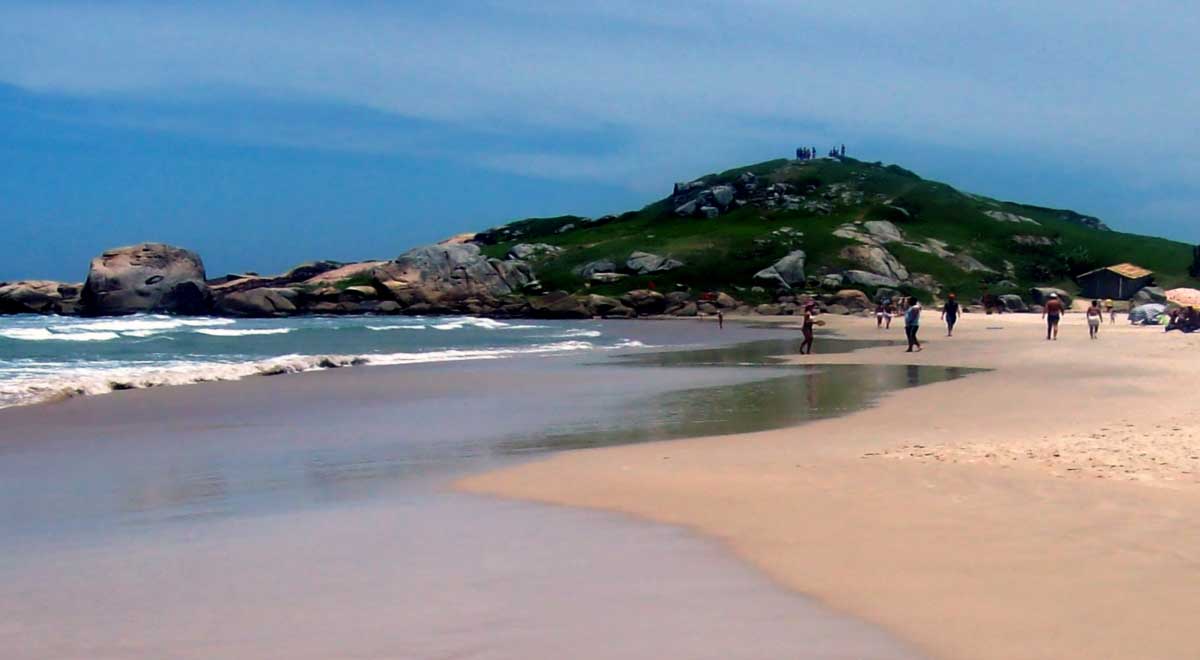About 2,200 years ago, there was a collapse of a huge culture, representatives of which inhabited the coast of the Atlantic Ocean. Researchers say the reason is the disappearance of fish-rich lagoons and bays.
The communities in question are collectively known as sambaki, the tupi language used to describe the natural barnacles of shells that have formed over hundreds of years along the coast of Brazil. There are many of them, especially in places with a rich ecosystem, such as bays and lagoons.
Thanks to the slow formation process, sambaki is a treasure trove of knowledge about climate change and human activities over the centuries. Thus, they are a valuable source of knowledge for archaeologists, as they find burials with preserved skeletons and burial elements, stone tools and artifacts, and easily identifiable cultural layers indicate periods of population growth, including, for example, traces of coal from fires.
An extensive sambaca study by the European ERC-CoG TRADITION project estimates the lifespan of fishing communities on the Brazilian coast from 7,000 to 1,000 years ago.
Consequences of falling ocean levels
According to the researchers, the development of sambaca cultures was hampered by the decline in the water level in the ocean, which occurred about 2,200 years ago.
– The change in sea level around 2,000 years ago was likely a turning point in the history of habitats that have supported large indigenous communities on the southern coast of Brazil for thousands of years. According to researcher Alice Tozo, shrinking coastal ecosystems such as bays and lagoons have made bodies of water less abundant for food and fishing, forcing populations to disperse into smaller social units.
Interestingly, despite the change in resource allocation, the remaining communities on the coast have not given up fishing. Against.
“The groups remaining in the area are likely to have intensified their fishing, exploiting in particular highly trophic species (predators), including sharks and rays,” says co-author André Colonese. “We believe that during this time there has been a fundamental shift in the practice of subsistence fisheries, from community-based (large-scale sharing) to family-based (limited sharing).

